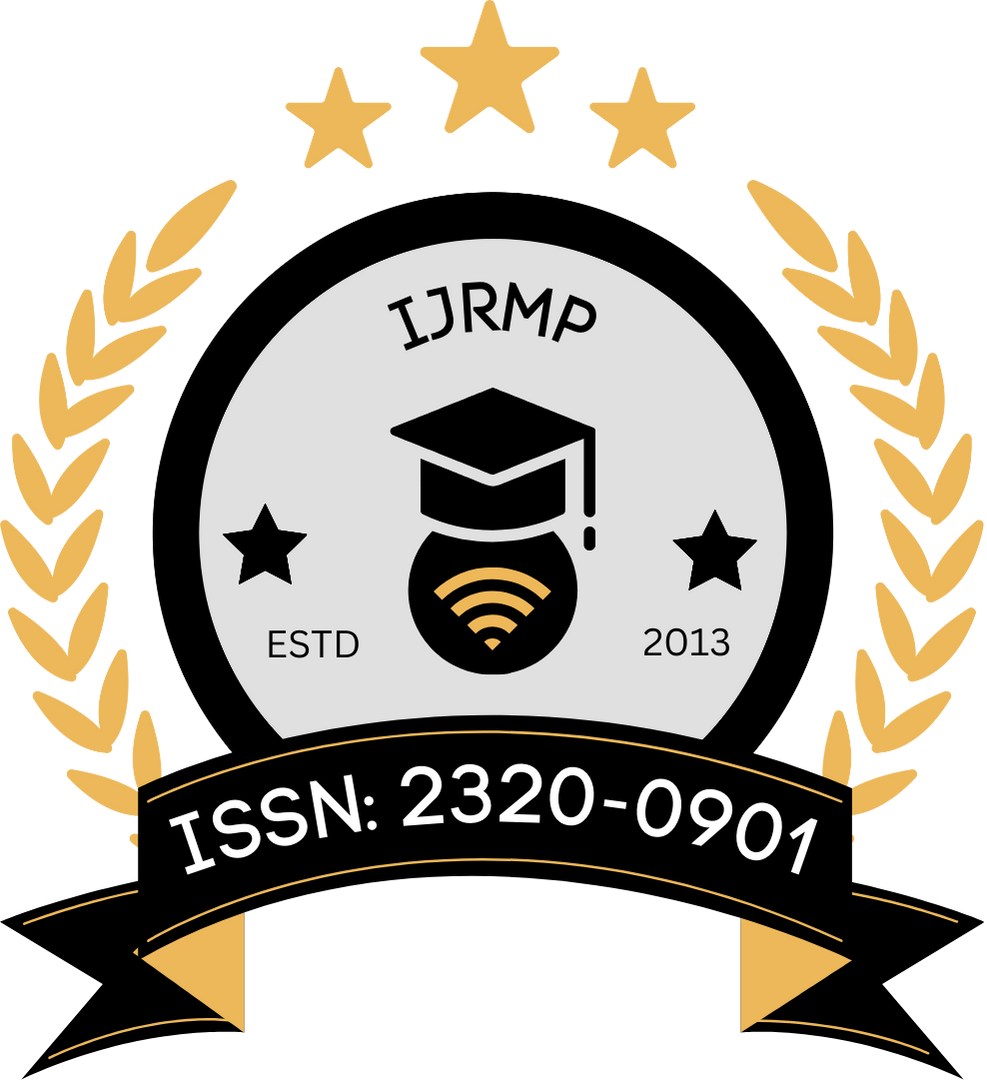![]()
Sujeet Yadav
Independent Researcher
India
Abstract
Cross-disciplinary clinical research teams represent the confluence of diverse scientific backgrounds, perspectives, and operational styles, making them inherently susceptible to conflict. Effective leadership plays a crucial role in mitigating these challenges while promoting team cohesion and research productivity. This study investigates how various leadership styles—namely transformational, transactional, and laissez-faire—affect conflict resolution mechanisms within cross-disciplinary clinical research settings. By conducting a structured review of prior empirical and theoretical literature and analyzing team dynamics in clinical environments, this manuscript identifies key drivers that influence conflict management efficacy. Findings reveal that transformational leadership is most associated with proactive conflict prevention and resolution, largely due to its focus on motivation, vision sharing, and individualized consideration. The paper contributes a conceptual framework linking leadership behavior, conflict type, and team outcomes, offering recommendations for clinical research managers aiming to foster innovation and harmony in multidisciplinary environments.
Keywords
Clinical research teams; cross-disciplinary collaboration; leadership styles; conflict resolution; transformational leadership; team dynamics; interdisciplinary research; healthcare innovation; communication; research productivity
References
- Avolio, B. J., & Bass, B. M. (1991). The full range of leadership development: Basic and advanced manuals. Binghamton, NY: Bass, Avolio & Associates.
- Judge, T. A., & Piccolo, R. F. (2004). Transformational and transactional leadership: A meta‐analytic test of their relative validity. Journal of Applied Psychology, 89(5), 755–768. https://doi.org/10.1037/0021-9010.89.5.755
- Jehn, K. A. (1995). A multimethod examination of the benefits and detriments of intragroup conflict. Administrative Science Quarterly, 40(2), 256–282. https://doi.org/10.2307/2393638
- De Dreu, C. K. W., & Weingart, L. R. (2003). Task versus relationship conflict, team performance, and team member satisfaction: A meta-analysis. Journal of Applied Psychology, 88(4), 741–749. https://doi.org/10.1037/0021-9010.88.4.741
- Rahim, M. A. (2002). Toward a theory of managing organizational conflict. International Journal of Conflict Management, 13(3), 206–235. https://doi.org/10.1108/eb022874
- Tjosvold, D. (2006). Defining conflict and making choices about its management: Lighting the dark side of organizational life. International Journal of Conflict Management, 17(1), 87–95. https://doi.org/10.1108/10444060610736585
- Bass, B. M., & Riggio, R. E. (2006). Transformational leadership (2nd ed.). Mahwah, NJ: Lawrence Erlbaum Associates.
- Salas, E., DiazGranados, D., Klein, C., Burke, C. S., Stagl, K. C., Goodwin, G. F., & Halpin, S. M. (2008). Does team training improve team performance? A meta-analysis. Human Factors, 50(6), 903–933. https://doi.org/10.1518/001872008X375009
- Edmondson, A. C., & Nembhard, I. M. (2009). Product development and learning in project teams: The challenges are the benefits. Journal of Product Innovation Management, 26(2), 123–138. https://doi.org/10.1111/j.1540-5885.2009.00341.x
- Thomas, K. W. (1992). Conflict and negotiation processes in organizations. In M. D. Dunnette & L. M. Hough (Eds.), Handbook of industrial and organizational psychology (Vol. 3, pp. 651–717). Palo Alto, CA: Consulting Psychologists Press.
- Hackman, J. R. (2002). Leading teams: Setting the stage for great performances. Boston, MA: Harvard Business Press.
- West, M. A., & Lyubovnikova, J. (2013). Illusions of team working in health care. Journal of Health Organization and Management, 27(1), 134–142. https://doi.org/10.1108/14777261311311843
- Klein, K. J., Ziegert, J. C., Knight, A. P., & Xiao, Y. (2006). Dynamic delegation: Shared, hierarchical, and deindividualized leadership in extreme action teams. Administrative Science Quarterly, 51(4), 590–621. https://doi.org/10.2189/asqu.51.4.590
- Hinds, P. J., & Bailey, D. E. (2003). Out of sight, out of sync: Understanding conflict in distributed teams. Organization Science, 14(6), 615–632. https://doi.org/10.1287/orsc.14.6.615.24872
- Day, D. V., Gronn, P., & Salas, E. (2004). Leadership in team-based organizations: On the threshold of a new era. The Leadership Quarterly, 15(6), 857–880. https://doi.org/10.1016/j.leaqua.2004.09.001
